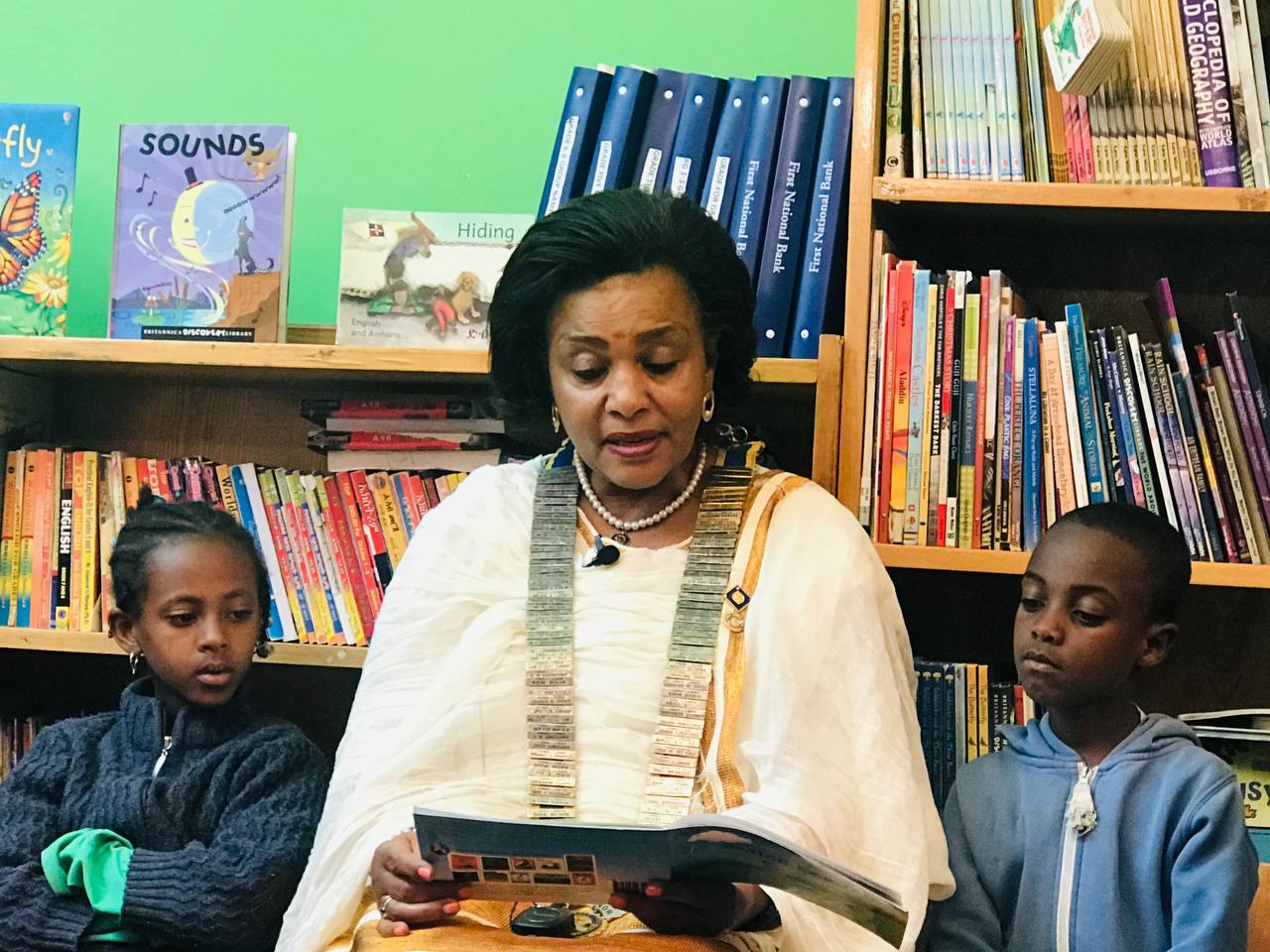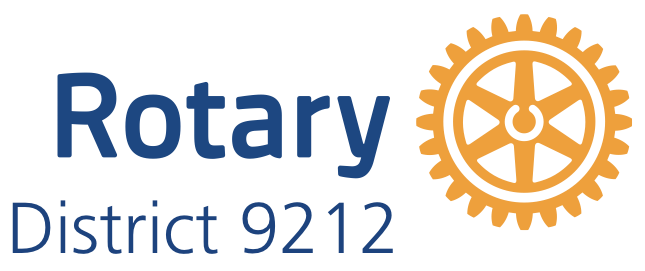Building Climate Resilience For East Africa’s Future

By Azeb Asrat
Every region of the world is experiencing the effects of climate change, affecting almost every issue including health, sustainability, gender, poverty and more.
Like most sub-Saharan African countries, the East African region bears the brunt of climate-related disasters, ranging from delayed or failed rains, droughts, floods, mudslides, deforestation and other man-made causes.
Communities continue to be affected by food insecurity as a result of internal and external displacement exacerbated by climate change. As global discussions on the environment and climate change continue at the 28th Conference of Parties (COP 28) in the United Arab Emirates, it is time to commit to making lasting and collaborative decisions for a better future.
For decades, Rotary International has engaged with like-minded organizations and experts to lead the conversation on empowering local communities to act and play their part in building a greener, more resilient future.
In response, Rotary District 9212 – which covers, Kenya, Ethiopia, South Sudan and Eritrea – has prioritized climate change mitigation activities including large-scale tree planting, river cleaning, promoting the collection and processing of recyclable waste, and preventing unsanitary waste disposal through a river intervention.
Keeping the environment clean through the “Adopt a River’’ initiative aims to raise awareness among youth (tomorrow’s decision makers) through hands-on activities for a clean, livable and healthy environment.
The collaboration between the United Nations Environment Program and Rotary in promoting the “Adopt a River’’ initiative aims to protect, restore, and conserve freshwater ecosystems for sustainable development and to prevent unwarranted settlement around riverbeds.
During our working visit to Kawangware Primary School in Nairobi, we were impressed by the commitment of the teachers and students to protect the environment through tree planting, seedling production, collecting and separating plastic and recyclable materials, and recycling other waste into fertilizer.
The activities of the school and the surrounding community have included the cleaning and collection of rubbish from the Kirichwa River adjacent to the school, which runs from the Dagoretti-Riruta area through Gatina in Kawangware, on to Lavington and then down past the Arboretum Park. The project has removed more than 147 tonnes of waste, including plastic, from the approximately 19-kilometre stretch of the Nairobi River. This was a significant achievement.
A similar initiative under the “Adopt a River’’ intervention in Ethiopia focused primarily on cleaning up the Little Akaki River by mobilizing the community and other stakeholders. Advocacy for the protection, restoration and maintenance of rivers, ecosystems, lakes and watersheds from the mountains to the sea has also been effective in promoting peace between neighbouring communities through partnership and service.
Alongside the work, an awareness-raising campaign continues to educate and involve the community to foster partnerships and inspire collective action to reduce chemical pollution and the discharge of solid waste, including plastic, before it reaches the rivers.
For any intervention to be sustainable, ownership of such activities must be the primary responsibility of the communities living in the area and a clear policy must be established for the continued protection of the environment.
In closing I would like to quote UNEP Executive Director Inger Andersen: “To protect our environment, we reduce, reuse, recycle, and lighten our surroundings.’’ Rotary has the infrastructure in place to work with national and regional entities to green our environment. Good examples are the Green Legacy initiatives of the governments of Ethiopia and Kenya.
We have two goals: to adapt and build resilience to the impacts of climate change, and to address the loss and damage caused by climate change.

Azeb Asrat is the immediate past District Governor of Rotary International District 9212. The article was originally published by The Sunday Nation on December 10, 2023.



